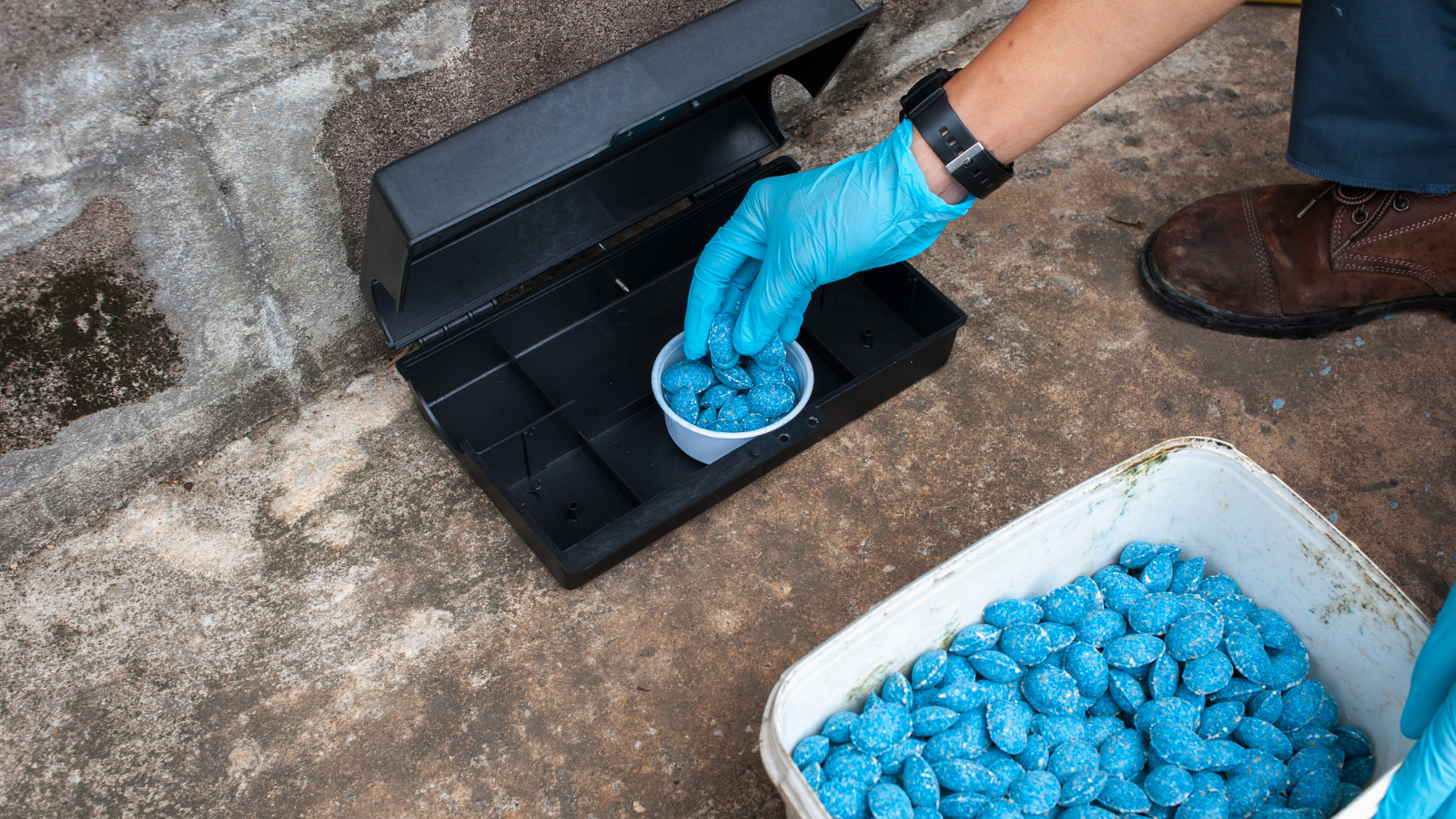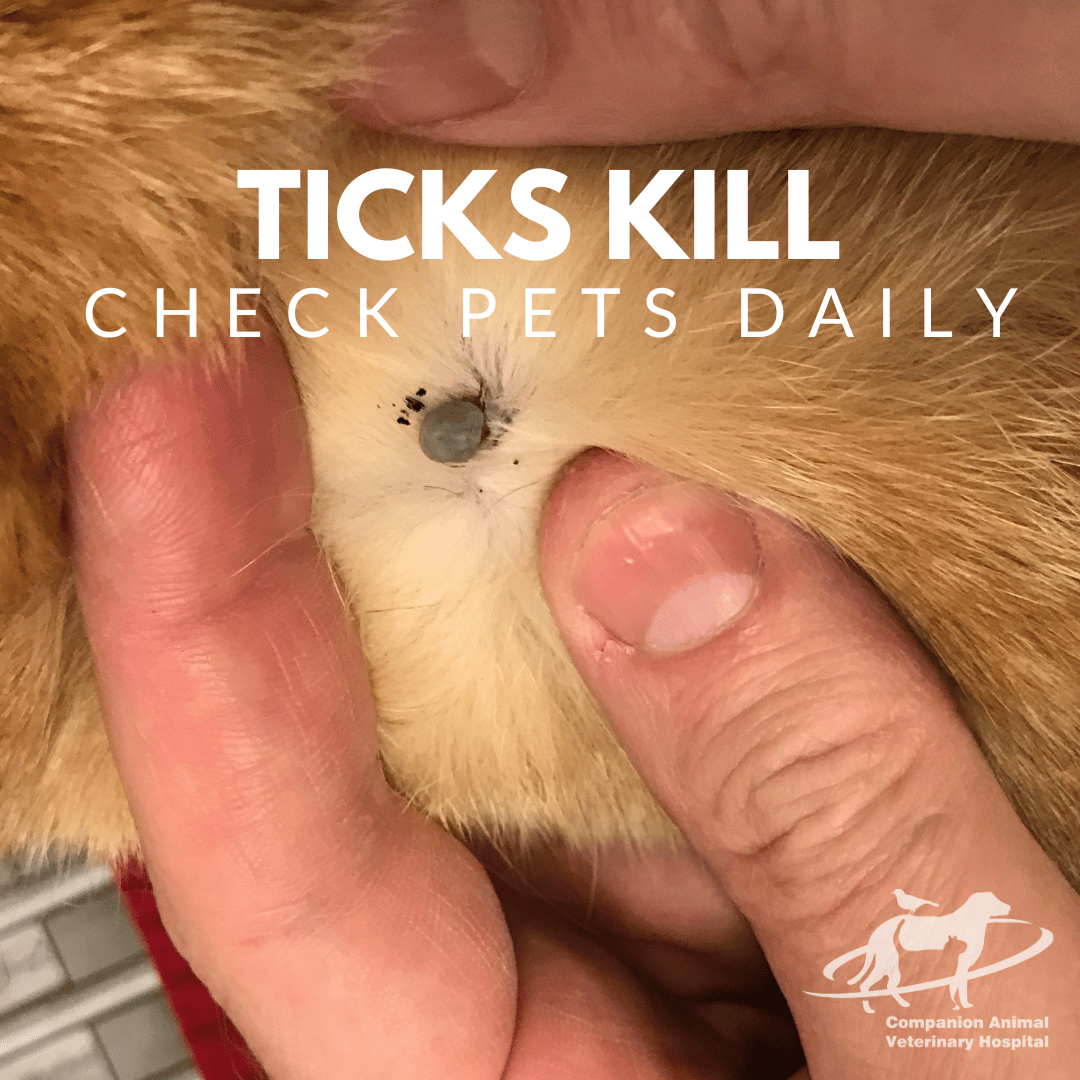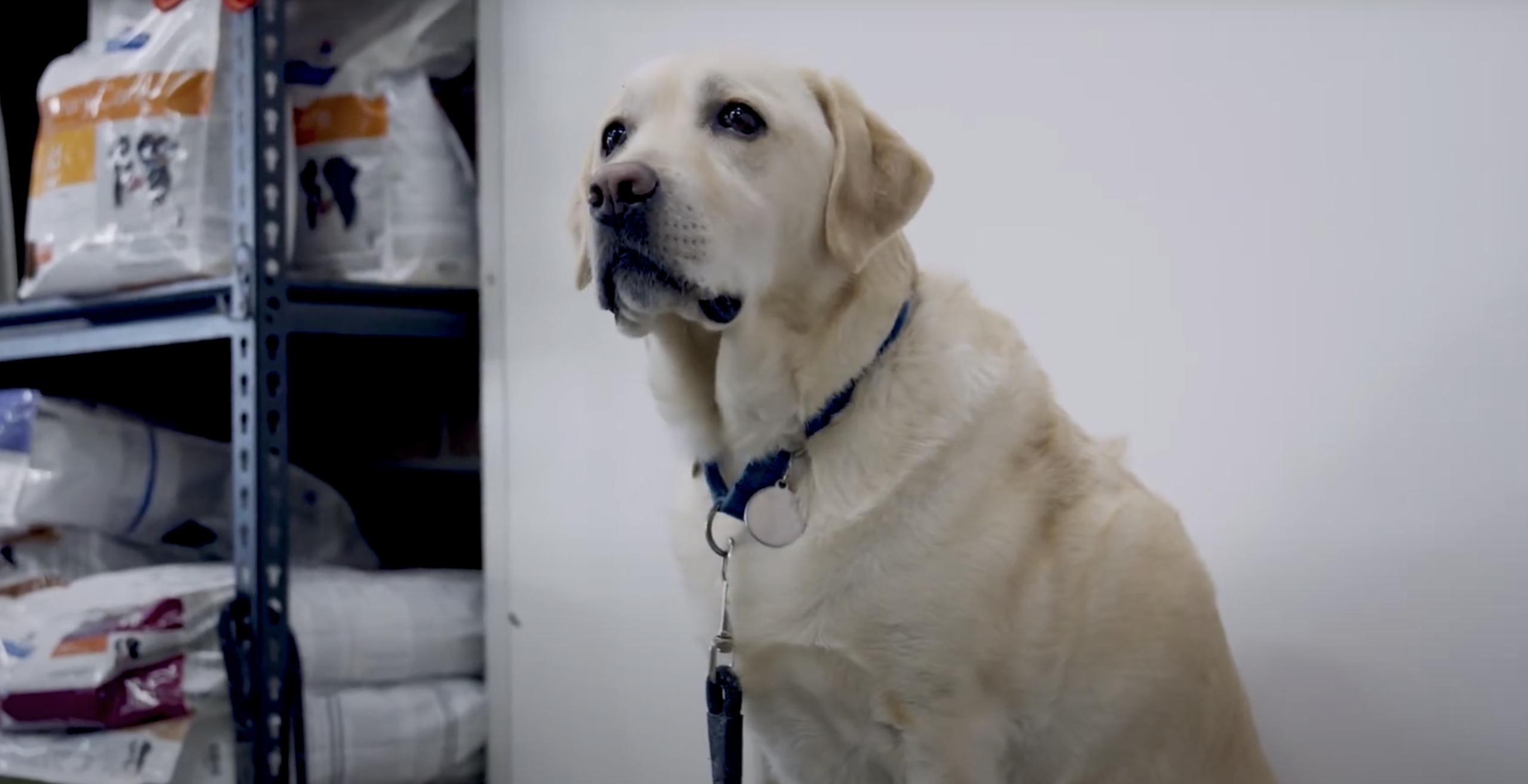Hi everyone, Mel here from Companion Animal Veterinary Hospital. Today, I’m diving into a topic that’s incredibly important for all pet parents to understand: the dangers posed by rat and snail baits. These seemingly harmless household items can be deadly to our beloved pets, and it’s essential to be aware of the risks and how to prevent them.
The Lure of Rat and Snail Baits
Both rat and snail baits are unfortunately enticing to dogs. These products are typically made with wheat or grain, making them attractive not just to rodents but also to our curious four-legged friends. The risk is compounded when these baits are displaced by rodents, potentially ending up where pets can easily access them.
Identifying and Reacting to Poisoning
If you suspect that your pet has consumed rat bait or snail bait, it’s critical to act swiftly. The most effective initial step is to get them to a veterinarian as soon as possible. Promptly inducing vomiting can greatly reduce the toxin’s absorption.
Rat Bait Poisoning
Rat baits are slow-acting toxins that disrupt the blood’s ability to clot. Symptoms might not be immediate but can surface up to six weeks post-ingestion. Rat bait poisoning symptoms are diverse, ranging from bleeding in various body parts, including urine or feces, to internal bleeding in the brain or abdomen.
The treatment typically involves a course of Vitamin K for about five to six weeks. It’s crucial to remember that even baits marketed as ‘safe for pets’ can be dangerous.
Snail Bait Poisoning
Snail and slug baits, commonly containing metaldehyde or methiocarb, can trigger immediate symptoms like seizures, muscle twitching, and vomiting. Metaldehyde poisoning is particularly treacherous due to the lack of a specific antidote. Treatment often requires intensive care, including flushing the stomach and back end under anesthesia.
Prevention: The Best Strategy
The safest approach is to avoid using these baits altogether. If their use is necessary, ensure they’re placed in spots where pets absolutely cannot reach them. Be mindful that even ‘pet-friendly’ products can be harmful in significant amounts.
Steps to Take in Case of Suspected Poisoning
If you think your pet has ingested any poison, contact your veterinarian immediately. The quicker you respond, the better the chance of a successful recovery. At Companion Animal Veterinary Hospital, we’re equipped with in-house testing for clotting disorders and can provide prompt treatment.
Wrapping Up
Though it’s a somewhat somber subject, being informed is key to prevention. Always stay alert to potential dangers in your home and surroundings. Your pets depend on you for their well-being, so let’s ensure we keep them safe and sound.
Take care, and remember, we’re always here if you need us. Catch you next week!
All the Best, Mel ?






